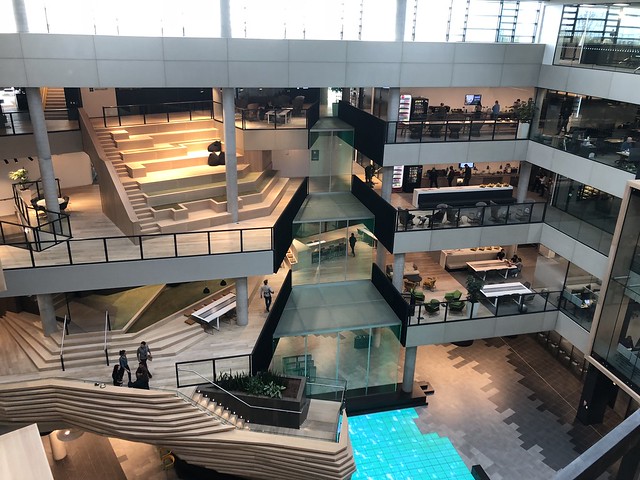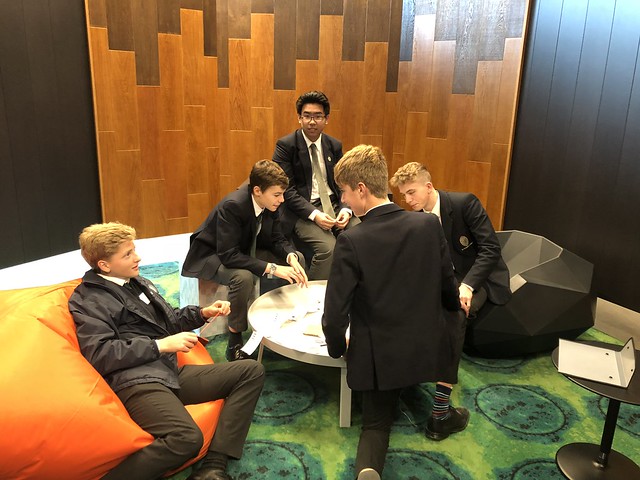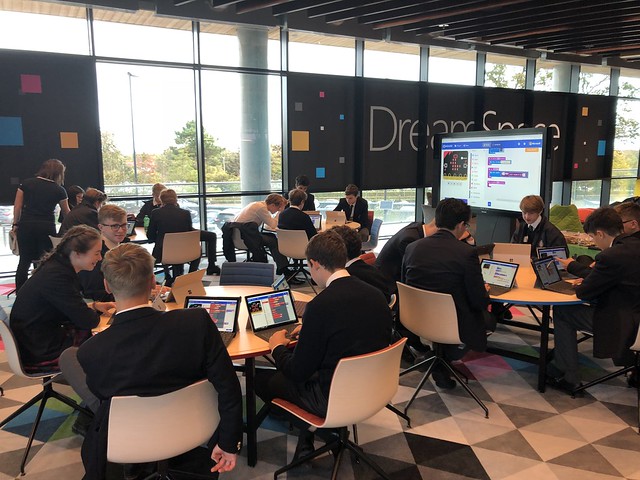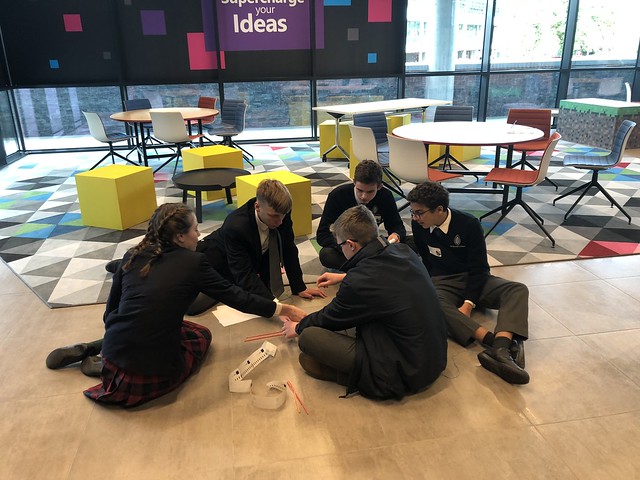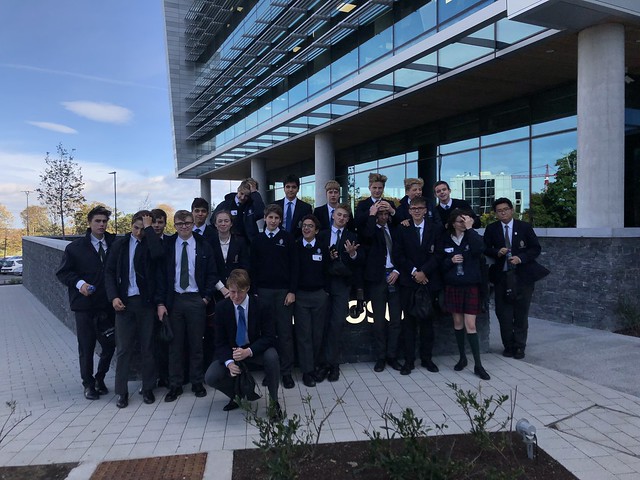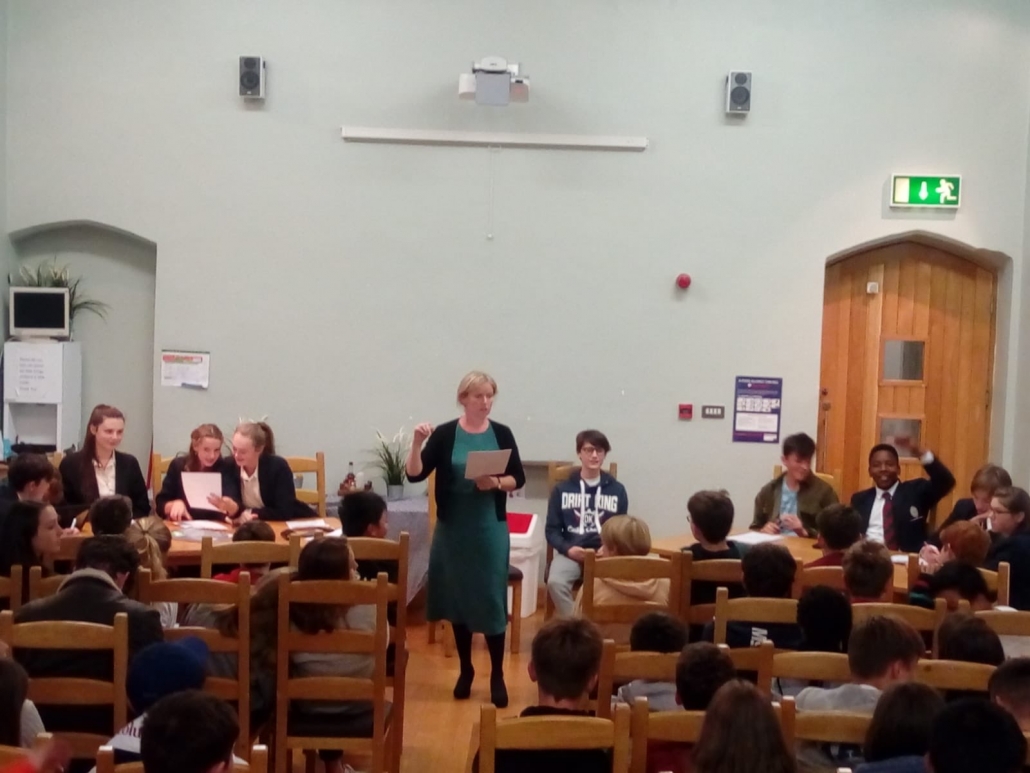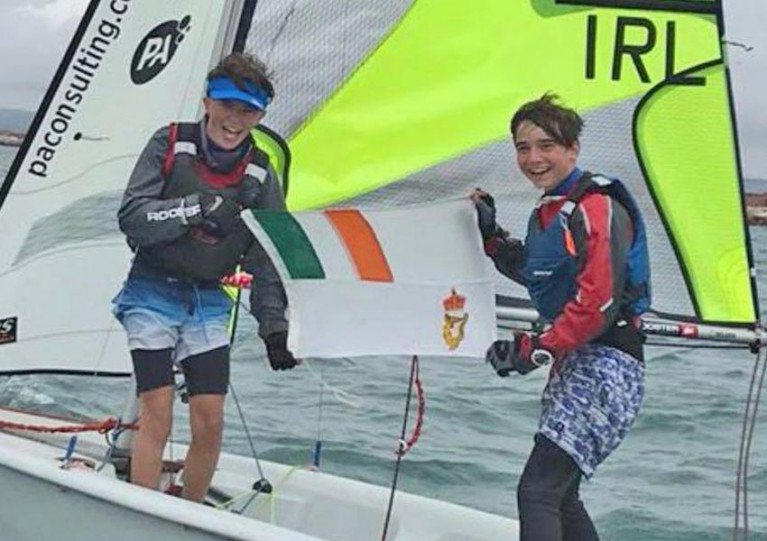In any profession, and teaching is no exception, one stays fresh by learning new things and taking on new challenges. I was 18 years at Wellington College in England but in that time I took on many different responsibilities. I then moved from a very enjoyable and comfortable existence there to a considerably more challenging environment in South Africa, Tiger Kloof, an old mission school serving a disadvantaged community in the boiling heat of the North West province. There I learned about abuse and rape and dysfunctional families and poverty and anger and the pain of history, including having to confront the fact that my own country had played a complicit role in that history. I also learned what a beautiful country South Africa is, with so many fantastic young people of all races. In the school there everyone had a story and many were heart-breaking to listen to. In a tough world where only the most resilient survive and thrive it is not easy to be vulnerable and so people bottle things up and live with their pain, which may result in their passing it on to the next generation. I decided to employ a counsellor, who came from Soweto two weeks during each term and made herself available to listen and support. She is an outstanding woman with a tough story of her own. Many pupils took advantage of her being around to have the chance to talk to someone for the first time in their lives. She used to stay with us and without breaking confidentiality in the evenings she used to tell us some of the things that she had heard during her day. It made one want to weep.
St. Columba’s is very different from Tiger Kloof and the socio-economic profile is definitely not the same. However in some ways young people are the same the world over, with the same hopes for life and the same insecurities. Domestic security certainly helps create confidence in young people but it is not a barrier against the pressures of being a teenager. I remember at Wellington, probably about ten years ago, when we employed a counsellor for the first time. She worked initially for just 8 hours a week – this in a school of 1000 pupils – but it was not long before she was full time and being supplemented by another one, such was the demand from the pupils to talk to someone about their problems, their angst about identity, their battle with relationships and the increasing pressure that they were feeling from school and home about their work. When I left Wellington mental health issues were increasingly on the agenda and that was at a time when social media usage was not at the level that it is now…all experts agree that social media puts huge pressure on young people, with the pressure to fit in and look the part, together with the vastly increased occurrence of online bullying and cowardly gossip, from which one cannot escape any more simply by going home.
I became a teacher because I loved coaching sport, enjoyed my subject and got huge satisfaction from seeing young people grow up through adolescence to make a positive contribution in society. It is the best profession in the world. I did not however learn about mental health in my teacher training and most teachers would I am sure say that are having to work beyond their comfort zones and their original professional training in the way they are needing to support children with mental health issues.
All pastoral leaders in schools, whether heads or housemasters or housemistresses, or even just form teachers, are needing to become experts in mental health issues, afraid that if they don’t make the right diagnosis or report things correctly to the right person or fail to recognise certain signs, that it will reflect poorly on them and could even have much more far-reaching consequences. It can be quite a heavy burden to carry.
Don’t get me wrong, we are not in a crisis here, but the mental health agenda is on the rise and we are having to adapt and learn. We have a fabulous team of very caring staff who support our pupils wonderfully well. As a school we are no different from all other schools in Ireland and the UK but because of our support networks we are probably better off than most. What does worry me however is the fact that an increasing number of young people are needing to seek help in the first place. What sort of society are we creating in which so many young people are brought to the point where they cannot cope? It makes me more determined than ever that here at St. Columba’s we create a community in which all the pupils feel cherished and valued and where their self-esteem can be built up. I am sure that all parents would agree that while they want their children to achieve as highly as possible both inside and outside the classroom they want them even more to be self-confident, to love themselves as well as loving their neighbours, to be supportive of others, to be kind and to develop the tools to cope with the slings and arrows of life without risk of breakdown.
That seems to be the greatest educational challenge of this generation.






